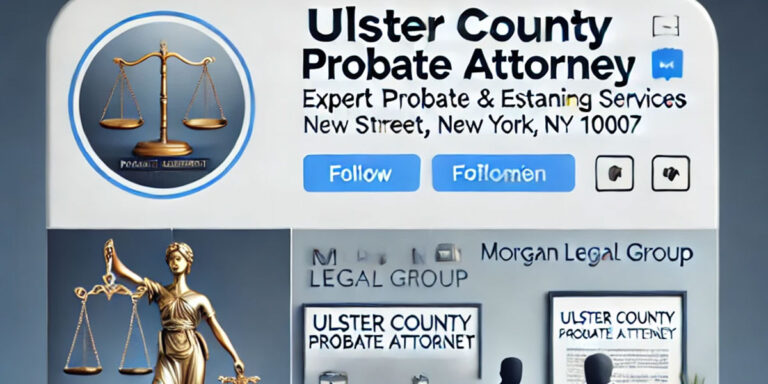
Ulster County Probate Attorney | Expert Help
Ulster County Probate Attorney: Navigating Estate Administration Losing a loved one is an emotionally challenging experience. Managing the legal complexities of probate can add further


Home » Estate Planning » Medicaid Trust » Page 2

Ulster County Probate Attorney: Navigating Estate Administration Losing a loved one is an emotionally challenging experience. Managing the legal complexities of probate can add further
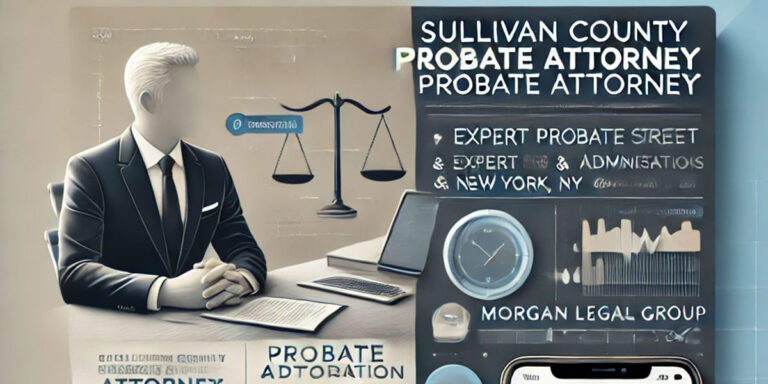
Probate Attorney Sullivan County NY: Expert Guidance Dealing with the loss of a loved one is difficult. Navigating the probate process adds to the stress.

Trusts & Estates Lawyer NYC: Secure Your Future Navigating trusts and estates law in New York City demands expertise. These legal areas are complex. They
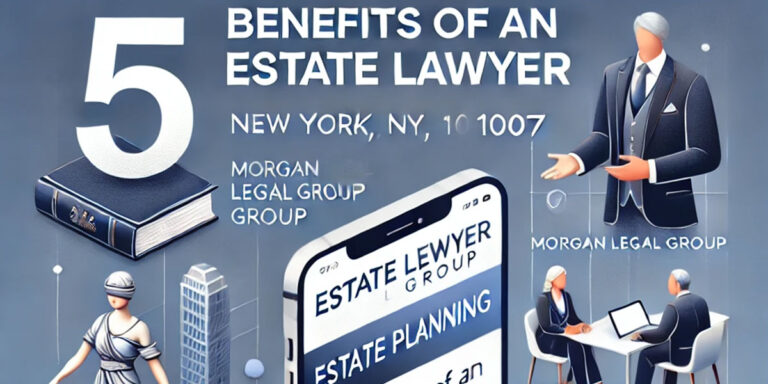
Why Estate Planning Lawyers Matter in NY Estate Planning: Not Just for the Wealthy Estate planning might seem like a task reserved for the wealthy
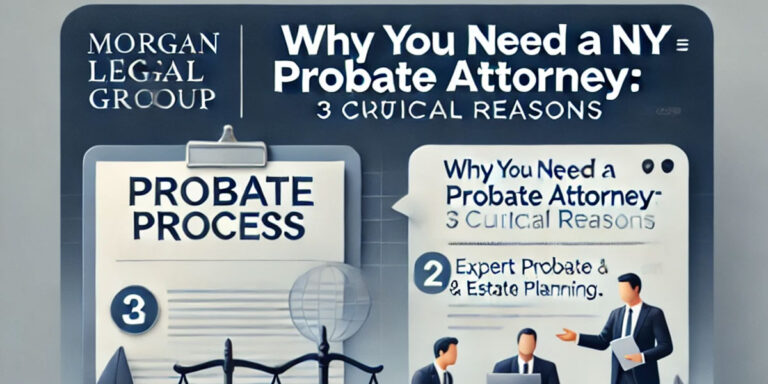
Why You Need a NY Probate Attorney: 3 Crucial Reasons Probate can feel daunting, especially in NYC. It’s the legal process of handling a deceased
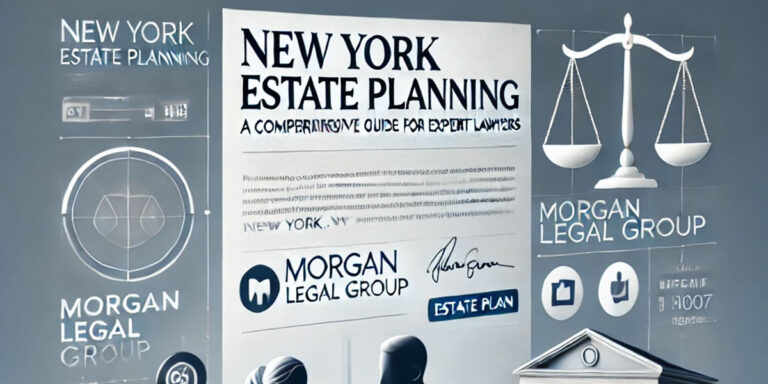
NYC Estate Plan: Wills, Trusts & Lawyers – Secure Your Legacy Welcome to Morgan Legal Group, P.C., your trusted advisors for estate planning in New
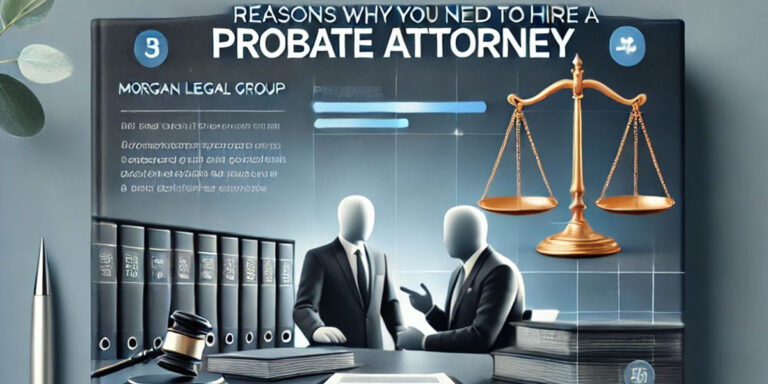
Navigating Probate: Why You Need a Skilled Attorney in New Losing a loved one is a difficult experience. The legal process that follows, known as
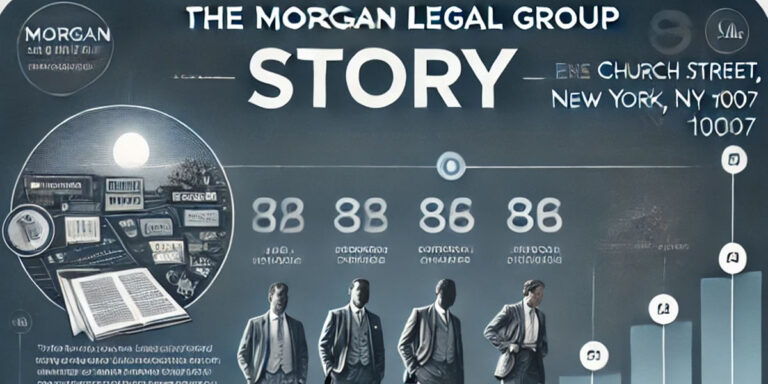
Building a Legacy: The Values That Drive Morgan Legal Group At Morgan Legal Group, we understand that estate planning is more than just legal documents.
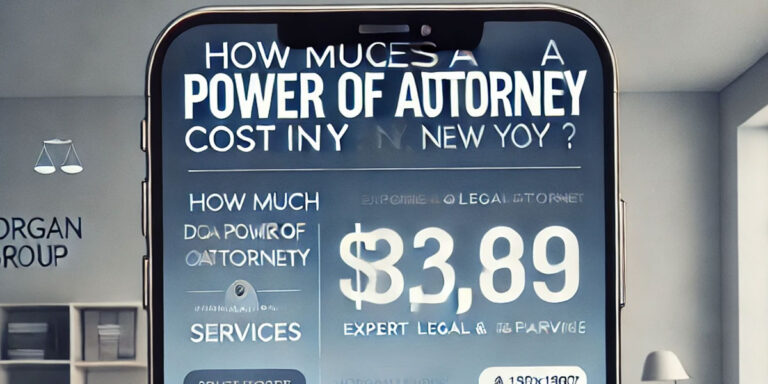
How Much Does a Power of Attorney Cost in New York? Creating a Power of Attorney (POA) is crucial in estate planning, elder law, and
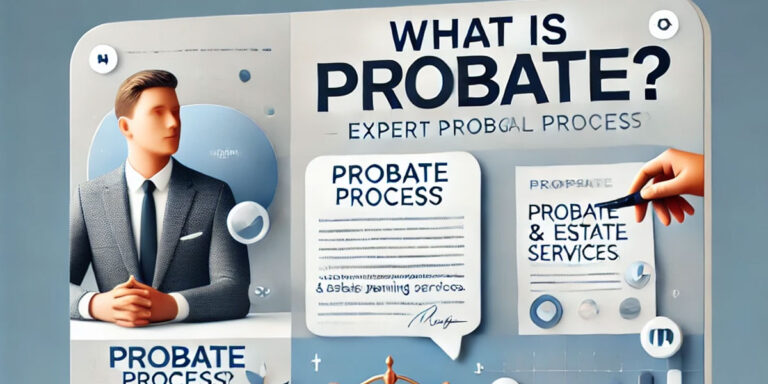
What is Probate? A Comprehensive Guide for New Yorkers The term “probate” often evokes confusion and anxiety. Simply put, probate is the legal process of
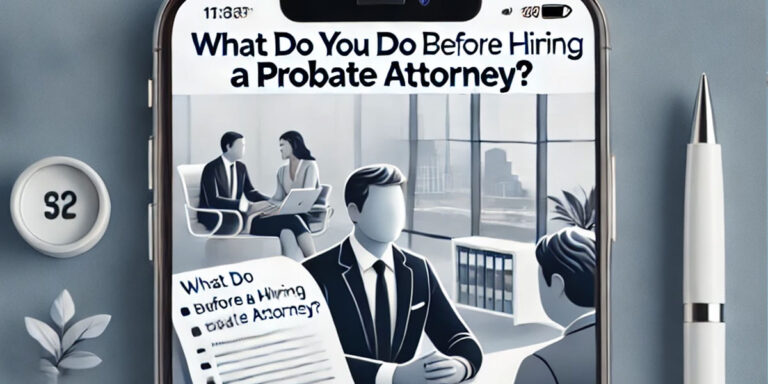
What to Do Before Hiring a Probate Attorney: A New York Guide Dealing with the death of a loved one is emotionally taxing. Starting the
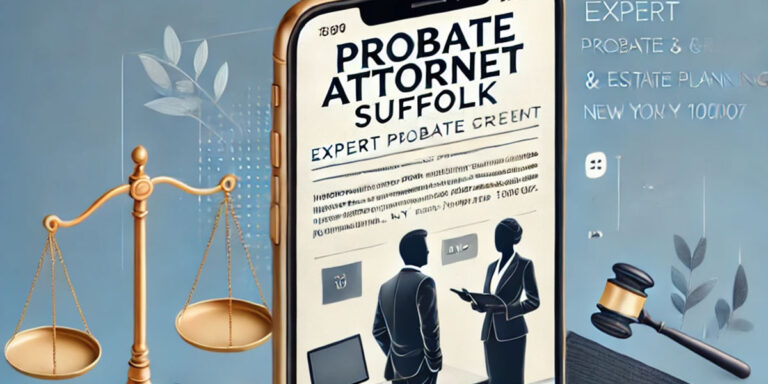
Suffolk County Probate Attorney: Your Guide to Estate Administration on Long Island The loss of a loved one is a deeply emotional and challenging time.
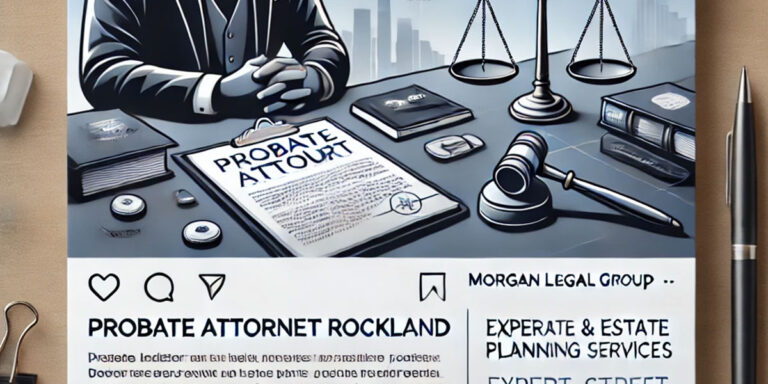
Rockland County Probate Attorney: Navigating Estate Administration with Confidence The loss of a loved one is a deeply challenging experience. The added responsibility of managing
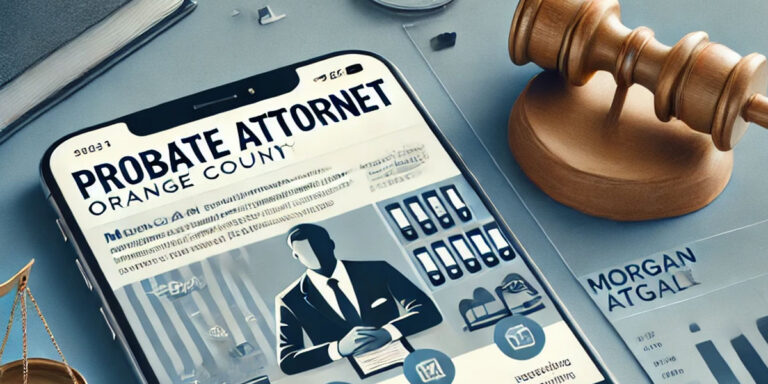
Orange County Probate Attorney: Your Guide to Estate Administration The passing of a loved one is a deeply emotional experience. Facing the complexities of probate
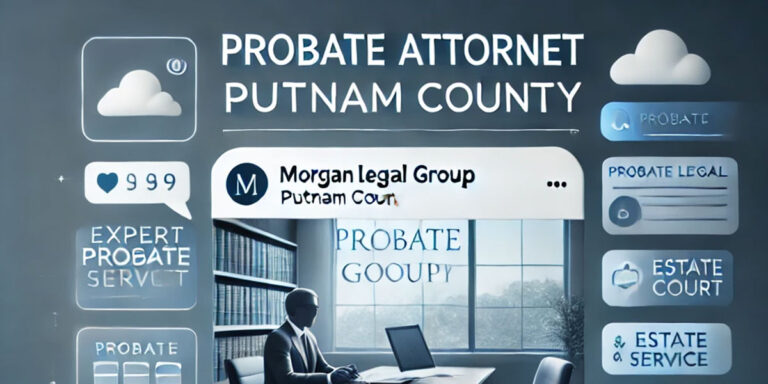
Putnam County Probate Attorney: Guiding You Through Estate Administration Dealing with the loss of a loved one is an incredibly difficult time. The added responsibility
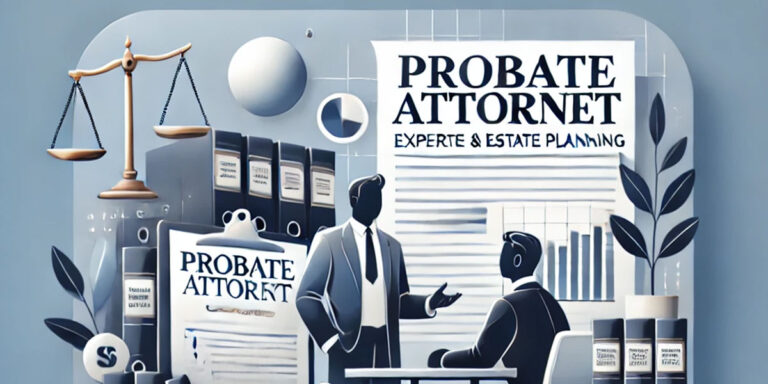
Queens Probate Attorney: Your Guide to Estate Administration in New York Losing a loved one is an emotionally challenging time. Navigating the legal complexities of
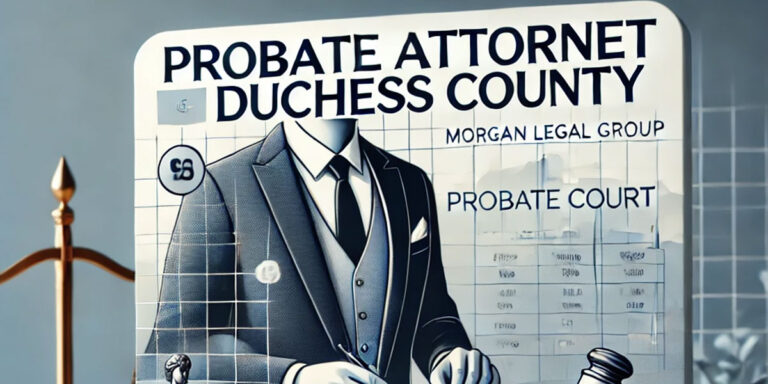
Duchess County Probate Attorney: Navigating Estate Administration with Expertise The loss of a loved one brings immense emotional challenges. Coupled with this grief, you may
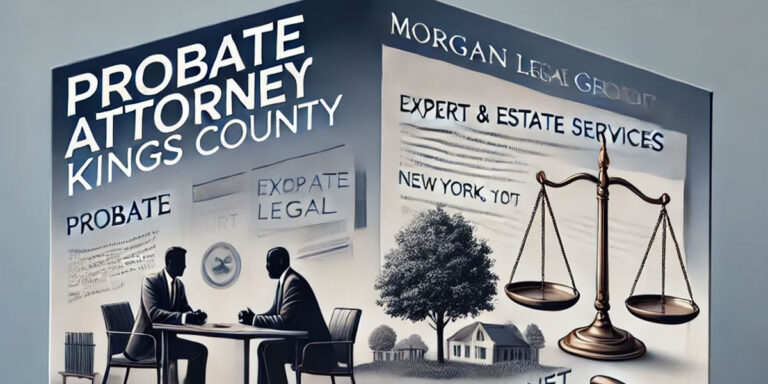
Kings County Probate Attorney: Your Guide to Estate Administration Losing a loved one is a difficult experience. Handling the legal complexities of probate can add
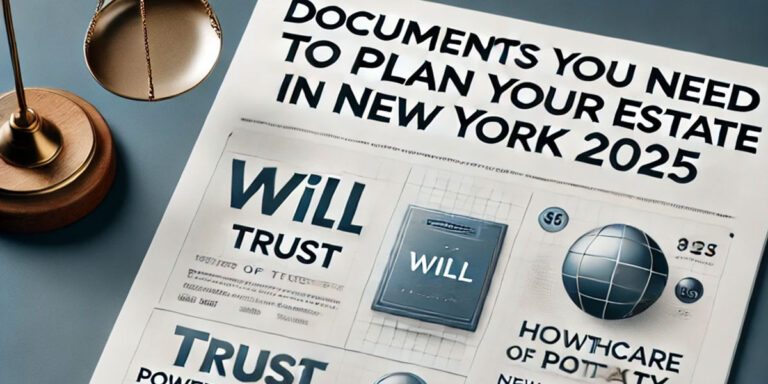
New York Estate Planning: A 2025 Guide to Essential Documents As we approach 2025, preparing for the future remains a critical undertaking. A comprehensive estate
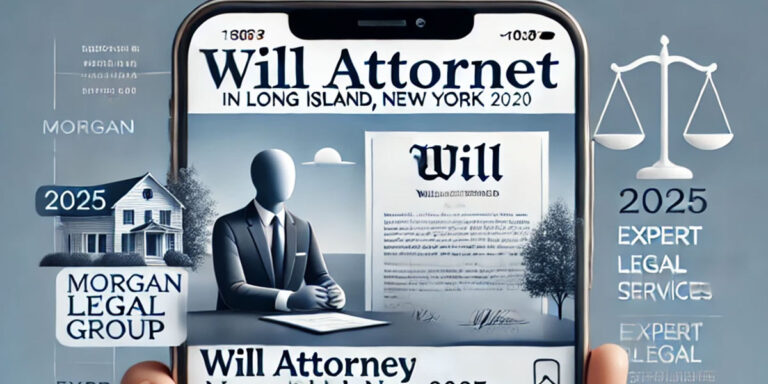
Long Island Will Attorney: Planning Your Legacy for 2025 Securing your family’s future and ensuring your wishes are honored starts with a well-crafted will. As
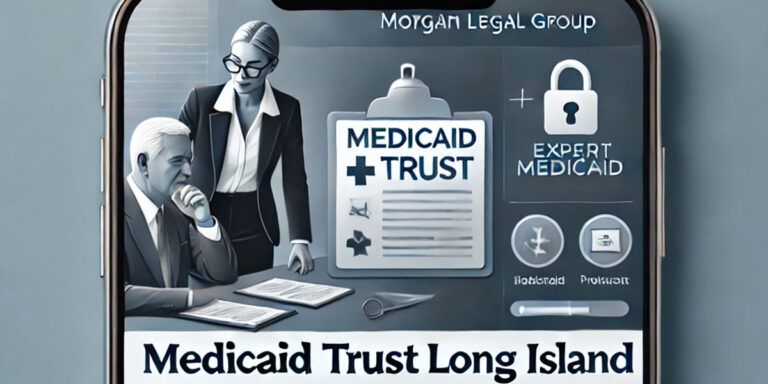
Medicaid Trust on Long Island: Protecting Your Future in 2025 As we approach 2025, the need for strategic long-term care planning becomes increasingly critical for
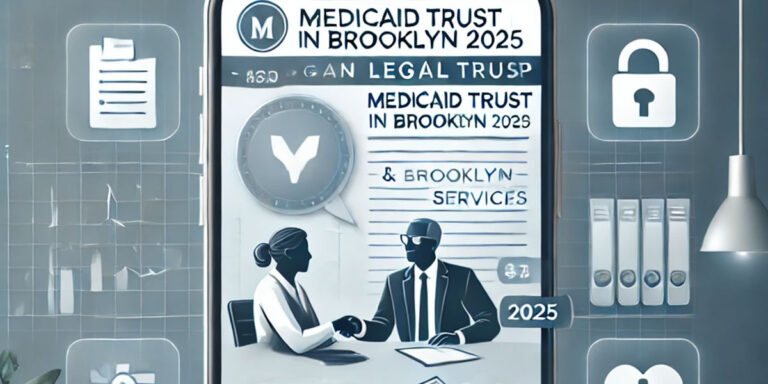
Medicaid Trust in Brooklyn: Protecting Your Assets in 2025 Planning for long-term care can be a significant concern for residents of Brooklyn, New York. As
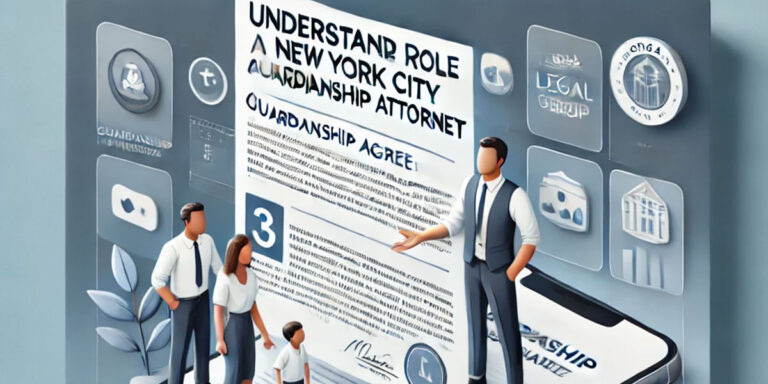
NYC Guardianship Attorney: Securing Your Family’s Future in 2025 Navigating the complexities of guardianship in New York City can be daunting, especially as we approach
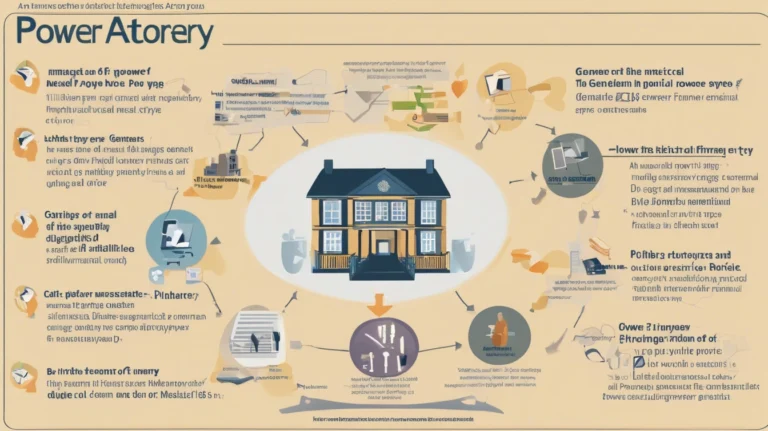
How Does a Power of Attorney Work in Probate in New York? Understanding the Limits for 2025 Understanding how different legal documents interact is crucial
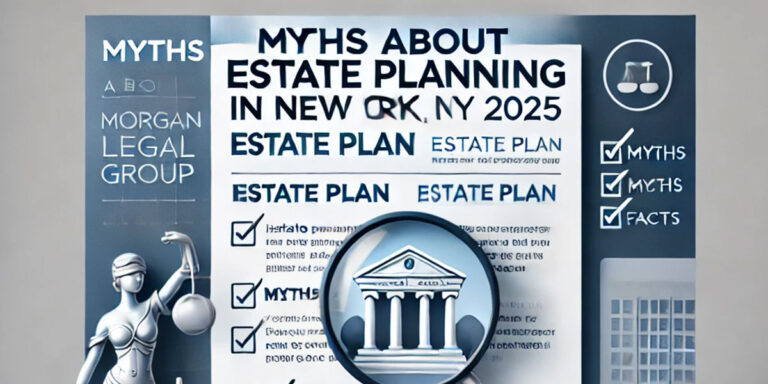
Busting Common Estate Planning Myths in New York: What You Need to Know for 2025 Estate planning can seem shrouded in mystery, with numerous misconceptions
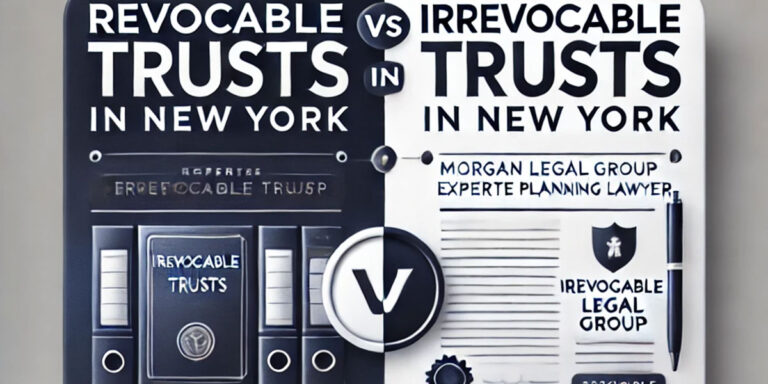
Revocable vs. Irrevocable Trusts in New York: Navigating Your Options for 2025 Trusts are powerful tools in estate planning, offering various benefits from probate avoidance
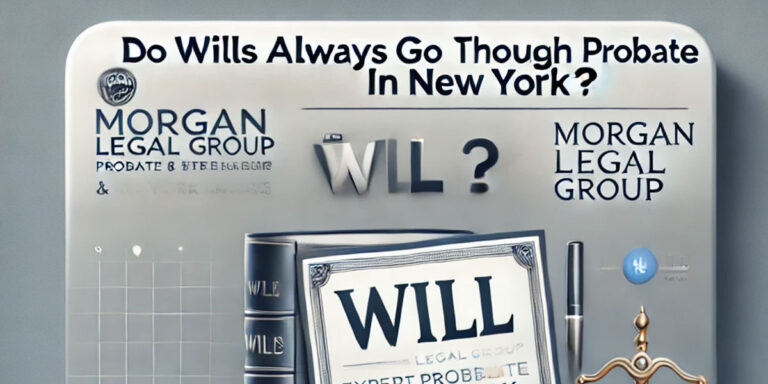
Do Wills Always Go Through Probate in New York? What You Need to Know for 2025 One of the biggest concerns people have about creating
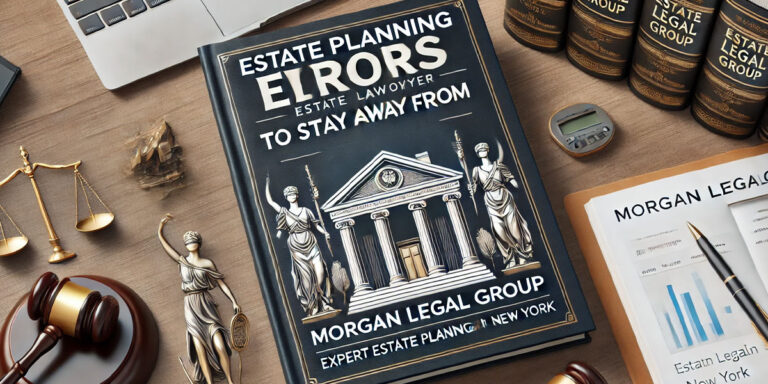
Estate Planning Errors to Avoid in New York: Secure Your Future in 2025 and Beyond Estate planning is a critical process, but navigating the complexities

The Significance of a Living Will in Estate Planning in New York: Planning for 2025 and Beyond While estate planning often centers on financial assets
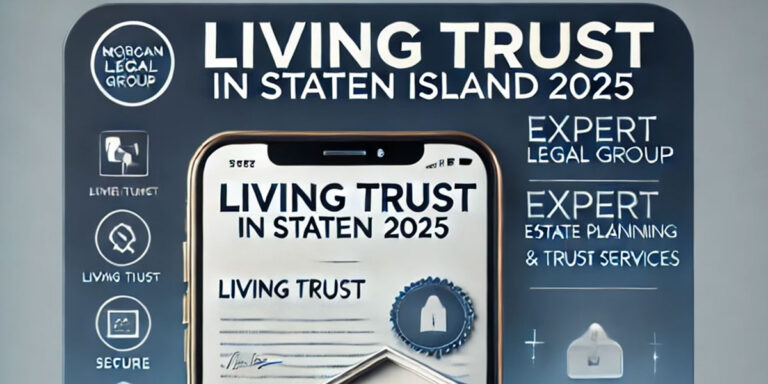
Living Trusts in Staten Island: Planning for 2025 and Beyond As residents of Staten Island look toward the future, planning for their families and assets
Ⓒ 2025 - All Rights Are Reserved | Privacy Policy | Estate Planning Attorney NYC | Sitemap